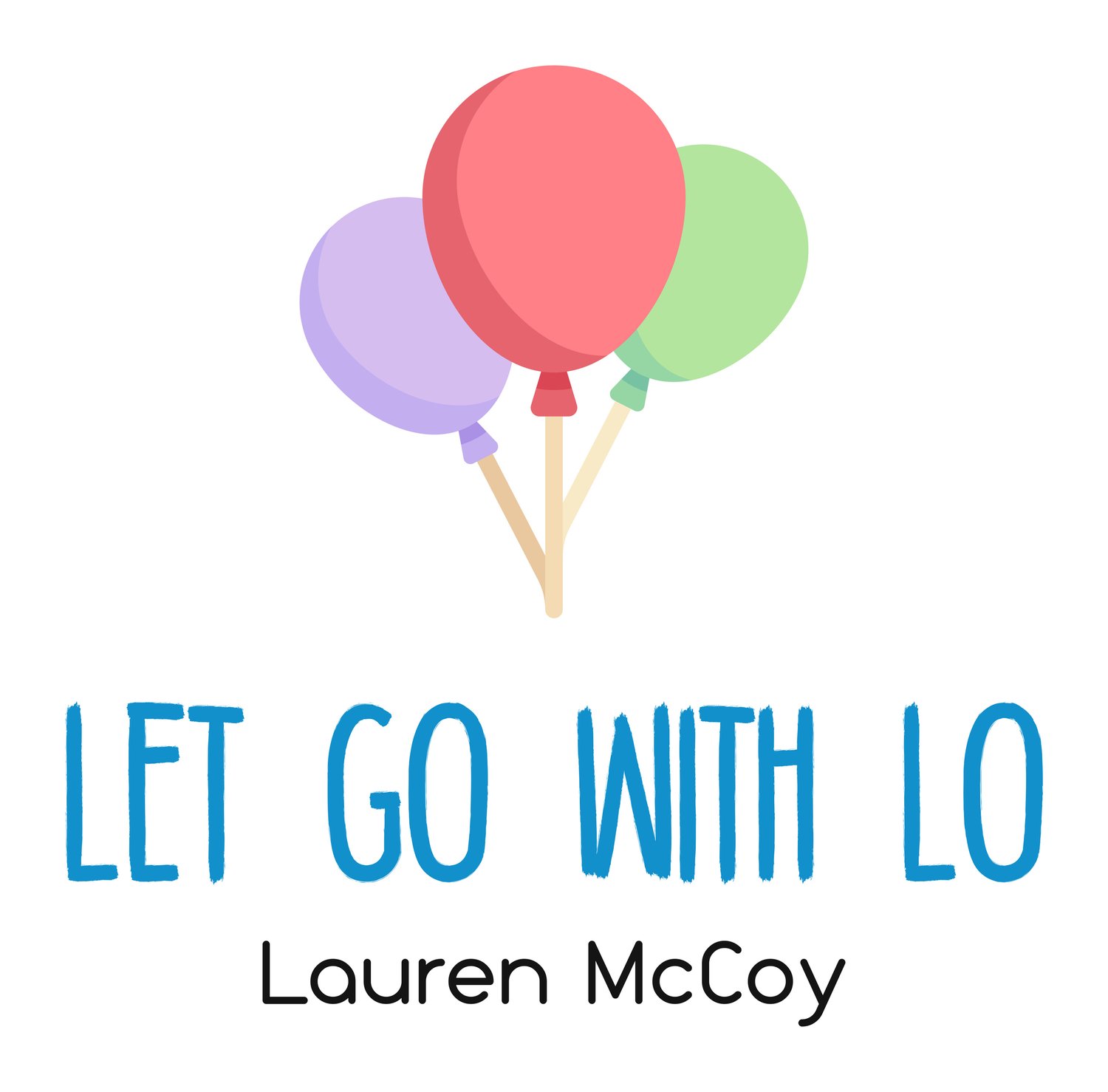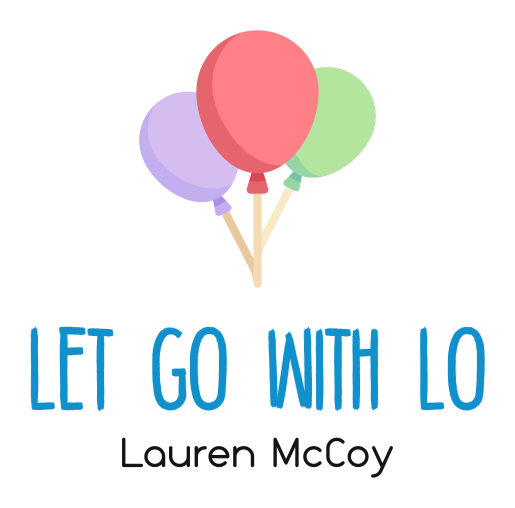Question:
Dear Lo,
I loved your class on BH today. Thank you for all of the solutions. Do you think being a "pursuer" in a pursue/withdraw dynamic with my husband is a type of codependency? I related to almost everything you shared today except that I am outspoken and easily make decisions, but still I over-sacrifice for my husband and then resent the lack of attention I get and the dismissal when I try to get seen.
~Anonymous
Answer:
Dear Anonymous,
What an interesting question! Because codependency is a broad term, it can encompass many different possible qualities and there is no one cookie cutter definition. Therefore, it is definitely possible that you are comfortable speaking up and making decisions, and you still tend to over-give and feel frustrated when you aren’t seen, heard, and acknowledged. When you mention being a pursuer, it sounds like you prioritize the relationship and are proactive in trying to maintain that romantic connection. In labeling the dynamic as “pursue/withdraw,” I believe that when you move closer to your husband, he tends to pull away (hopefully I’m assuming correctly). When he withdraws, it might make you feel unloved and worry that he isn’t as invested in the relationship as you. This dynamic leads me to a brief discussion on attachment styles and how they affect romantic relationships.
The push/pull dynamic is fairly common and can certainly be a source of conflict in many relationships. Most often, the “pursuer” tends to have more of an anxious attachment style, where they fear being abandoned in the relationship and thus, hold on really tight and look for reasons why the other person might leave. In their attempt to make sure their partner is happy and will stay, the intensity often inadvertently pushes the partner away, which creates sadness, worry, and frustration for the anxiously attached partner. This can look like the anxious partner over-giving, showering their partner with affection and compliments, and frequently seeking validation and reassurance (Do you love me? Are you happy?). When the partner pulls away or doesn’t reciprocate to the same degree, it feels like confirmation that the anxiously attached person is not lovable or enough, which often makes them cling on even tighter and insist that the partner step up to the plate. Over time, the anxious partner may feel resentful and disappointed that they are contributing more to the relationship without getting as much back in return.
Often the person who withdraws in the relationship has more of an avoidant attachment style, where they are less expressive and may even seem disconnected from their own and others’ emotions. They feel uncomfortable and overwhelmed when their partner showers them with love, clings to them, and expresses worries about being abandoned. Their response is often to pull away and retreat, and this behavior comes across as cold, insensitive, and uninterested. Many times, these two opposite personalities are attracted to one another in the beginning of a relationship because the other person seems different and exciting. Over time, these opposing attachment styles can be triggering for both people in the relationship.
The good news is that these relationships can definitely be successful and work! In most cases, both partners need to do some internal work to heal their attachment styles, helping them to become more secure. The anxiously attached partner can benefit from learning to regulate their emotions and find calm within their bodies, provide themselves with validation and reassurance, and find ways to meet their own needs. I would encourage the avoidantly attached partner to focus on developing increased comfort with identifying, validating, and sitting with their own emotions and those of others. Both people can probably benefit from inner child work to heal past wounding that contributed to their insecure attachment styles.
Finally, couples therapy can be helpful to help both individuals learn to express their wants, needs, and feelings in a healthy, productive manner. The anxiously attached person can practice speaking up about how they are feeling and what they need to feel loved. And the avoidantly attached person can learn to share when they feel overwhelmed and need to step away without making their partner feel abandoned or unimportant. This a complicated issue to explain briefly and I need more information to speak directly about your situation, but I hope you found this information applicable and helpful!

